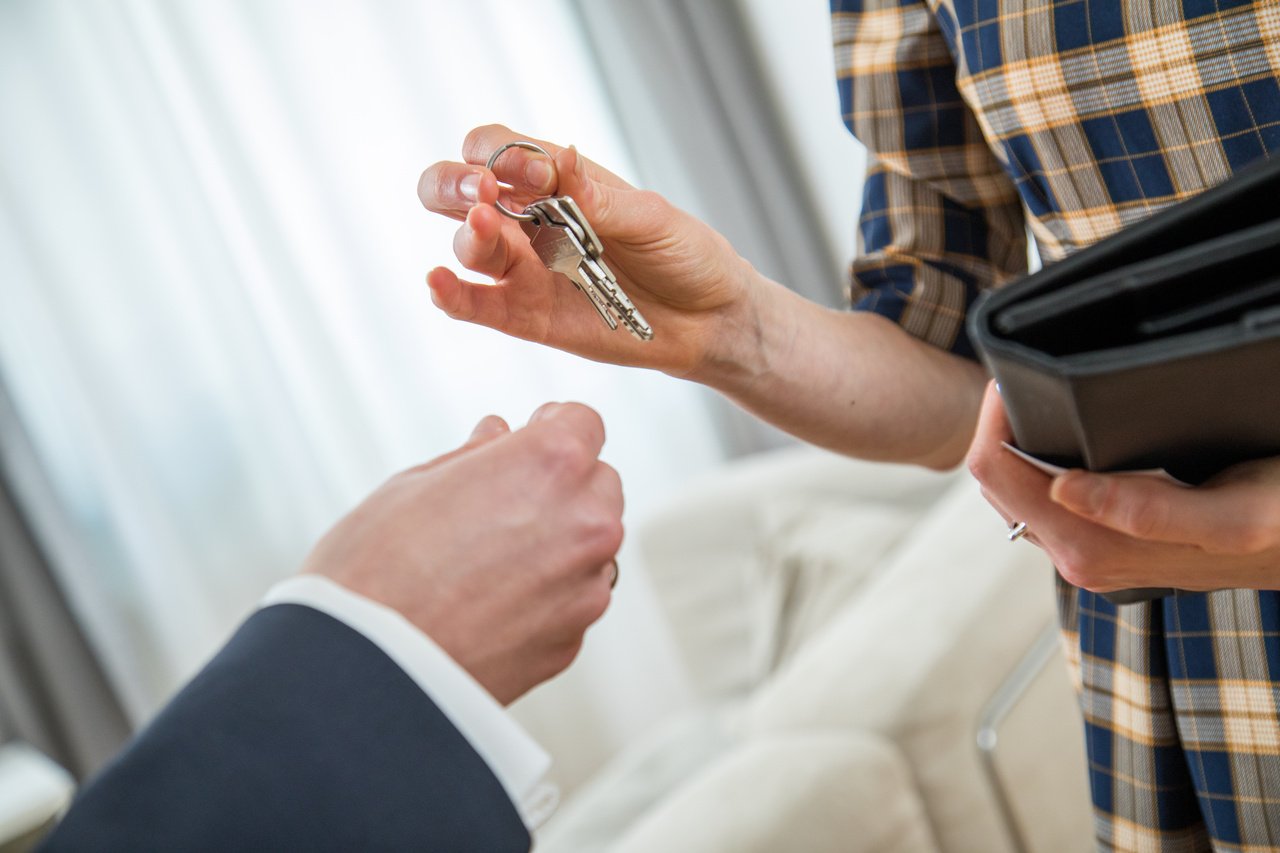Expat surveys consistently show that Germany is a great place to move to. The education is first-class, it offers the ideal setting to raise children, and finding a well-paid job isn’t too difficult.
But when it comes to social life, expats always seem slightly miserable and isolated.
In the 2016 Expat Explorer Survey, one respondent said “In Germany, people are weirded out by too much friendliness too fast.”
Meanwhile in the InterNations Expat Insider Survey 2016, Germany came 55th out of 67 countries for overall friendliness.
Obviously integration is a two-way street and there are things expats can do better to fit in, as we discuss here.
But if Germany is going to become an immigrant nation, it too is going to have to adapt. We provide a few pointers to our stern but straightforward Teutonic companions.
1. Only switch to English if asked
We are only too aware of how frustrating it probably is. You have been speaking the language of Shakespeare almost as long as we have.
But it really doesn’t help if you start by assuming you should speak English to foreigners. Of course most Germans just want to make conversation as easy as possible, but sometimes you need to have patience. The worst offenders switch to English at the slightest hint of a foreign accent in German.
So here is the rule: only switch to English if you are asked, or if the person clearly speaks no German. If you make it seem natural that the conversation is going on in German, you will put us at ease much more quickly!
2. Try a bit of small talk
German directness is something you definitely come to appreciate with time. An ability to dispassionately analyse any situation is a sign of national maturity sorely lacking from certain neighbouring countries.
But when it comes to breaking the ice, this directness can sometimes backfire.
Not everyone feels comfortable starting up a new friendship by having an involved conversation about the inner workings of their country’s political system.
While we tend to agree that there are better ways to spend your time than discussing the weather for half an hour, sometimes you have to be prepared to lose a battle to win the war.
Try warming an Englishman up with a chat about the rainy weather before smoothly seguing into: “talking about dark clouds, that whole Brexit thing is causing a bit of storm, eh?”
 Photo: Pexels.com
Photo: Pexels.com
3. Invite people to things
Americans and Australians are almost psychopathically friendly people. They will invite you on a camping trip or to a barbecue almost before they know your name.
It's probably no coincidence that these two countries were built by immigrants and that the need to welcome new people into a community became ingrained in their behaviour.
Like Brits, Germans are rather sedentary folks who don’t tend to stray too far from the nest. This has engendered a cautiousness that is evident in the strict difference between a Bekannter (acquaintance) and a Freund (friend).
Once we make it from Bekannter to Freund, you're great, but does it have to take so long? There is probably no single thing that will change immigrant perceptions of Germans more than including them from the beginning.
4. Don’t over-correct
Maybe it is pedantic to point this out, and yes you are just trying to help – but being overly pedantic can be really annoying.
If you correct people while they are speaking your language, they will start to feel super self-conscious. It is probably best not to correct at all: foreigners are never going to learn German 100 percent perfectly, and you are just going to have to live with that.
So unless you really don’t understand what the person is trying to say, just let them speak their slightly garbled Denglisch.
5. Do ask to Duzen
Young Germans are much better at this anyway. But if you are not in a formal office setting that absolutely requires using “Sie” (the formal you), it is a good rule of thumb with foreigners from the Anglosphere to switch to “du” as soon as possible.
We do not have a formal way of addressing people, and we did away with calling people Mister a long time ago. The quicker you are on first name terms with us, the sooner we will feel relaxed around you.
6. Learn to flirt
 Photo: Pexels.com
Photo: Pexels.com
What better way is there to nail down those new immigrants you need so badly then to have them fall in love with you?
Well, being a bit more flirtatious might help. A common complaint among foreigners on the dating scene in Germany is that it is so hard to know if Germans are really into you. That’s because you guys seem to chat in such a normal way that you can never be sure if you just see the relationship as friendship.
So it’s time to start inviting foreigners to parties, practising your best one-liners (in German of course!), and meeting us with a bit of superficial small talk – and before you know it, Germany will be booming with a flotilla of smiley, out-going multilingual babies!







 Please whitelist us to continue reading.
Please whitelist us to continue reading.